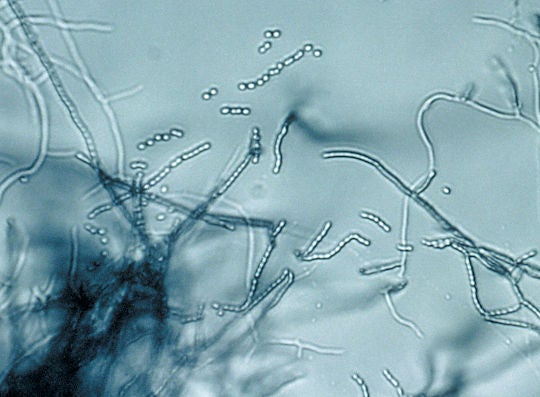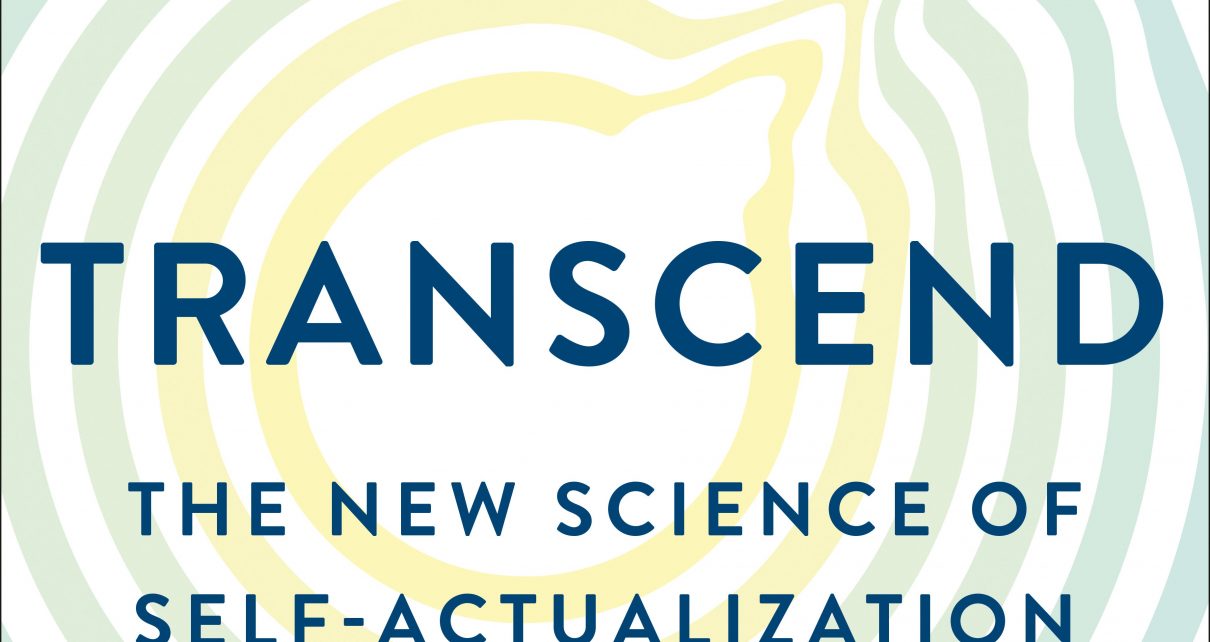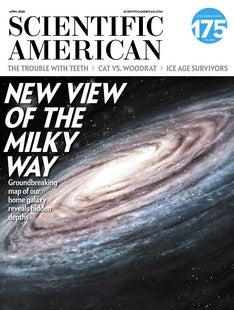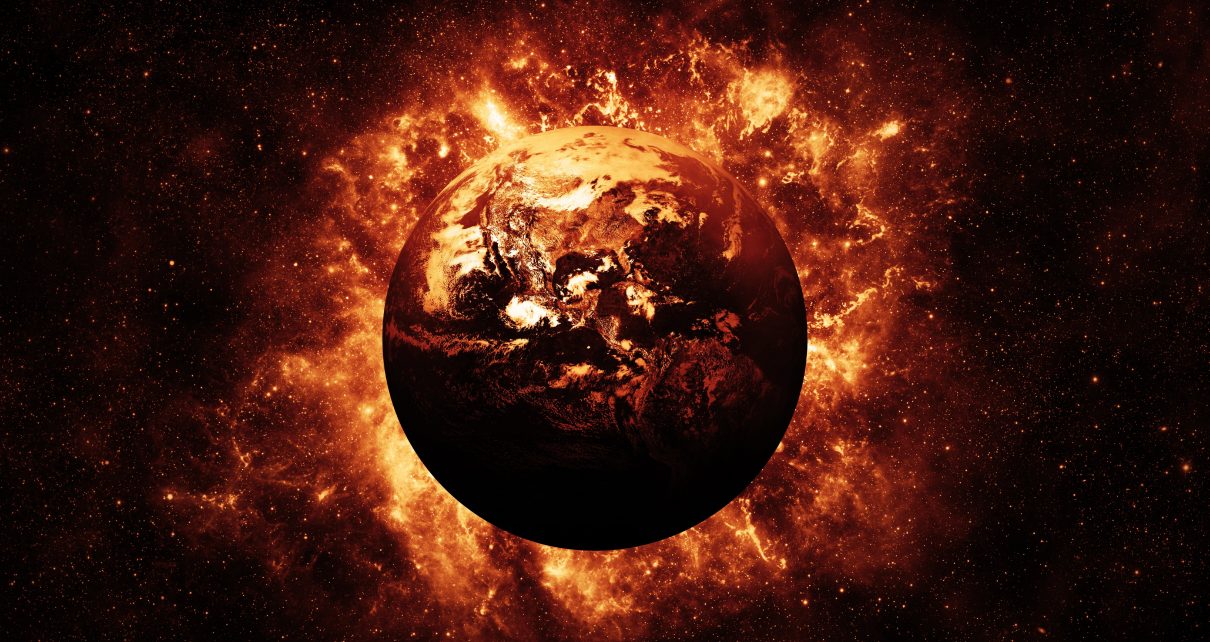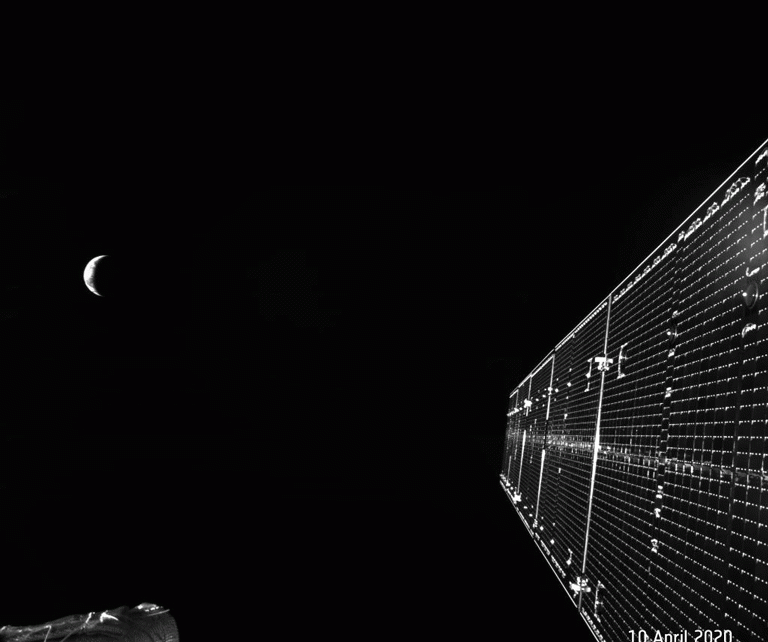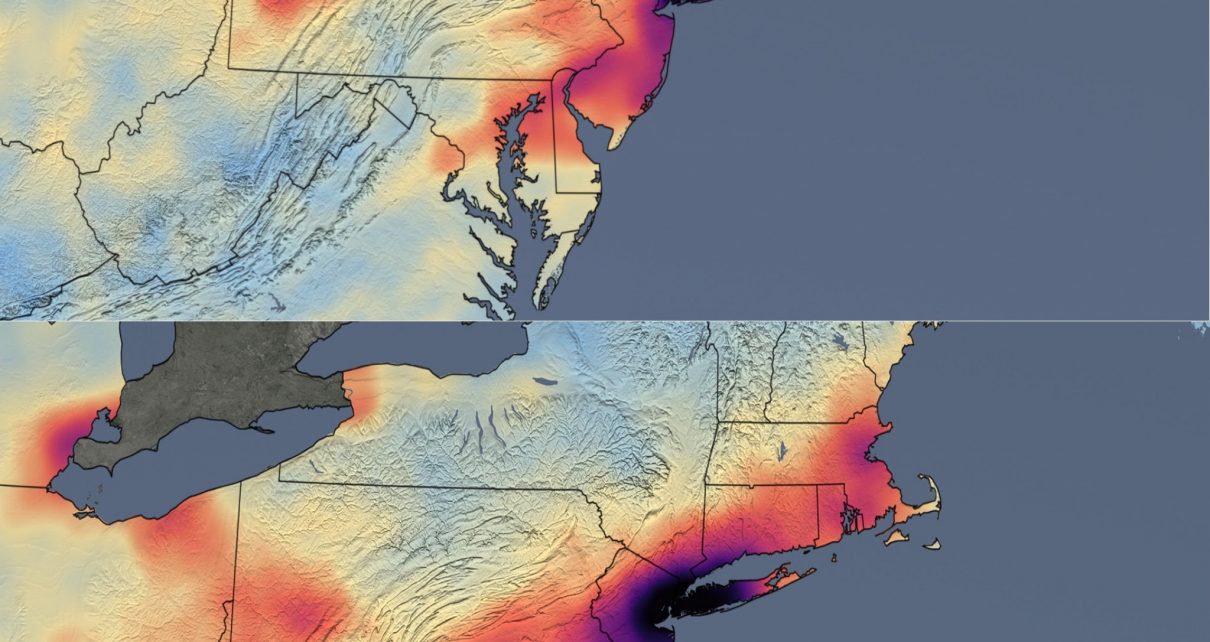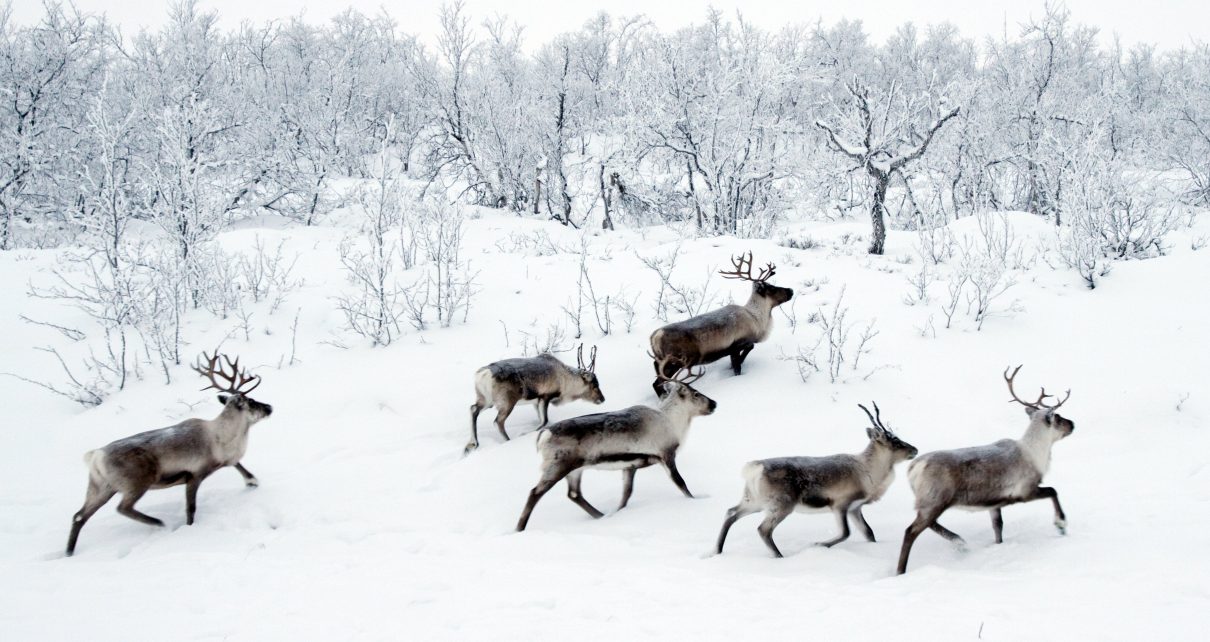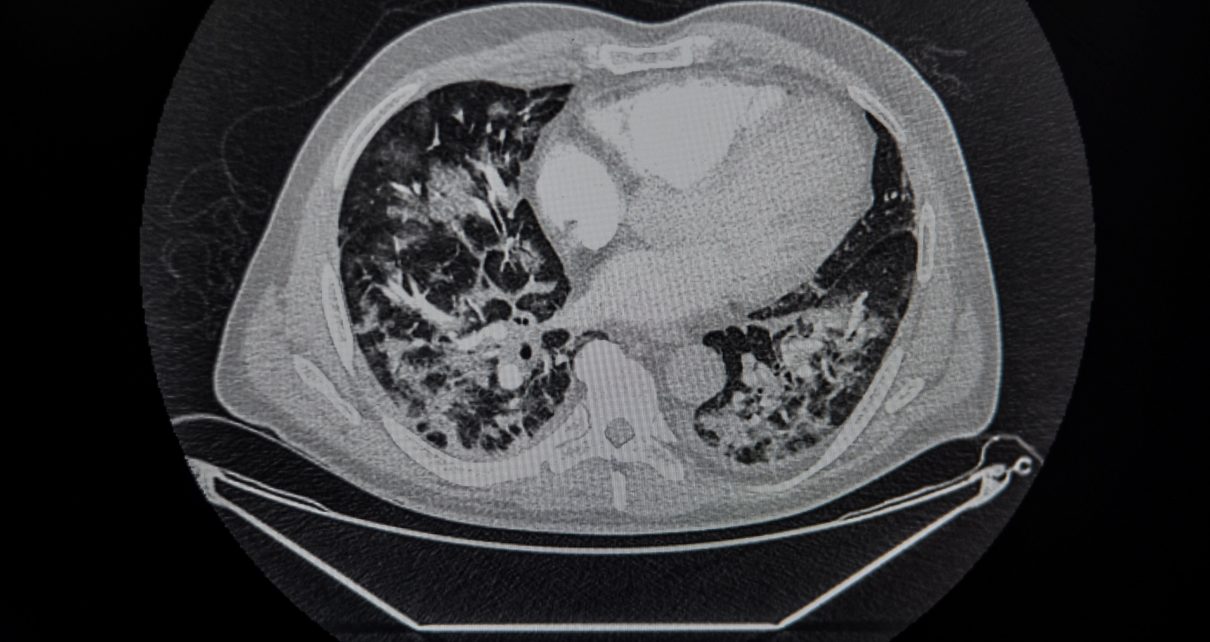In spite of its unsavory reputation, dirt smells good. Open a bag of potting mix or dig a hole in your yard and inhale: the scent is unmistakable and oddly refreshing. It’s close kin to the smell of caves, or of petrichor, the aroma of rain after a long dry spell. One of the most exciting and unexpected […]
News
What Humans Could Be – Scientific American Blog Network
“Perhaps human nature has been sold short….“ —Abraham Maslow Toward the end of his life, the humanistic psychologist Abraham Maslow was developing new insights into self-actualization – and envisioning an even higher motivation, which he called transcendence. He referred to his theory as “Theory Z“.* To Maslow, “transcenders” are regularly motivated by values and experiences […]
A Sobering Astronomical Reminder from COVID-19
Mother Nature has its nuanced way of educating us. Following a century of scientific and technological advances that triggered unprecedented economic growth, our civilization perceived its superiority over nature as undisputed. Like corrections to irrationally exuberant stock markets, however, COVID-19 is a correction to human hubris. Nature is teaching all humans, rich and poor, to […]
Poem: “Forest” – Scientific American
Scientific American April 2020 Science in meter and verse Having trouble accessing this article? Please visit our FAQ page for more information Support Science Journalism Discover world-changing science. Explore our digital archive back to 1845, including articles by more than 150 Nobel Prize winners. Subscribe Now! Source link
2020 on Track to Rank in the Top 5 Hottest Years on Record
Global temperatures this year are on track to be among the highest ever recorded, NOAA said after reporting that the first three months of 2020 were the planet’s second warmest in 141 years of record-keeping. The average global land and ocean surface temperature from January through March was 2.07 degrees Fahrenheit (1.15 degrees Celsius) above […]
Seven Years to Mercury – Scientific American Blog Network
You might think that letting gravity pull you closer to a massive object is easier than trying to pull yourself away from that massive object. Certainly if all you want to do is fall that might be true. But if you start out in a stable orbit, and you want to reach another stable orbit, and you want […]
How COVID-19 Is Changing Science
The coronavirus pandemic is a terrible crisis, of course. But it also presents an opportunity to change the way that research is conducted and shared, so that science can become more open, more efficient and more collaborative. At ResearchGate, a professional network for scientists that advocates for open research, we are pragmatic optimists. We are […]
COVID-19 Could Help Solve Climate Riddles
As the world scrambles to contain the spread of COVID-19, many economic activities have ground to a halt, leading to marked reductions in air pollution. And with the skies clearing, researchers are getting an unprecedented chance to help answer one of climate science’s thorniest open questions: the impact of atmospheric aerosols. What they learn could […]
How Herbivore Herds Might Help Permafrost
The Arctic’s permafrost is melting—and fast. That’s bad news, because these frozen soils store billions of tons of carbon, just waiting to be unleashed. So is there a way to save the permafrost? One team of researchers thinks it may have found a possible solution: big animals, herbivores—animals that eat only plants. Back in 1996, […]
Coronavirus Roundup for April 11-17
The items below are highlights from the newsletter, “Smart, useful, science stuff about COVID-19.” To receive newsletter issues daily in your inbox, sign up here. Tanya Lewis at Scientific American provides this update on the most widely discussed drugs and treatments for COVID-19 currently being tested for their effectiveness and safety in humans (4/15/20). Doctors […]

